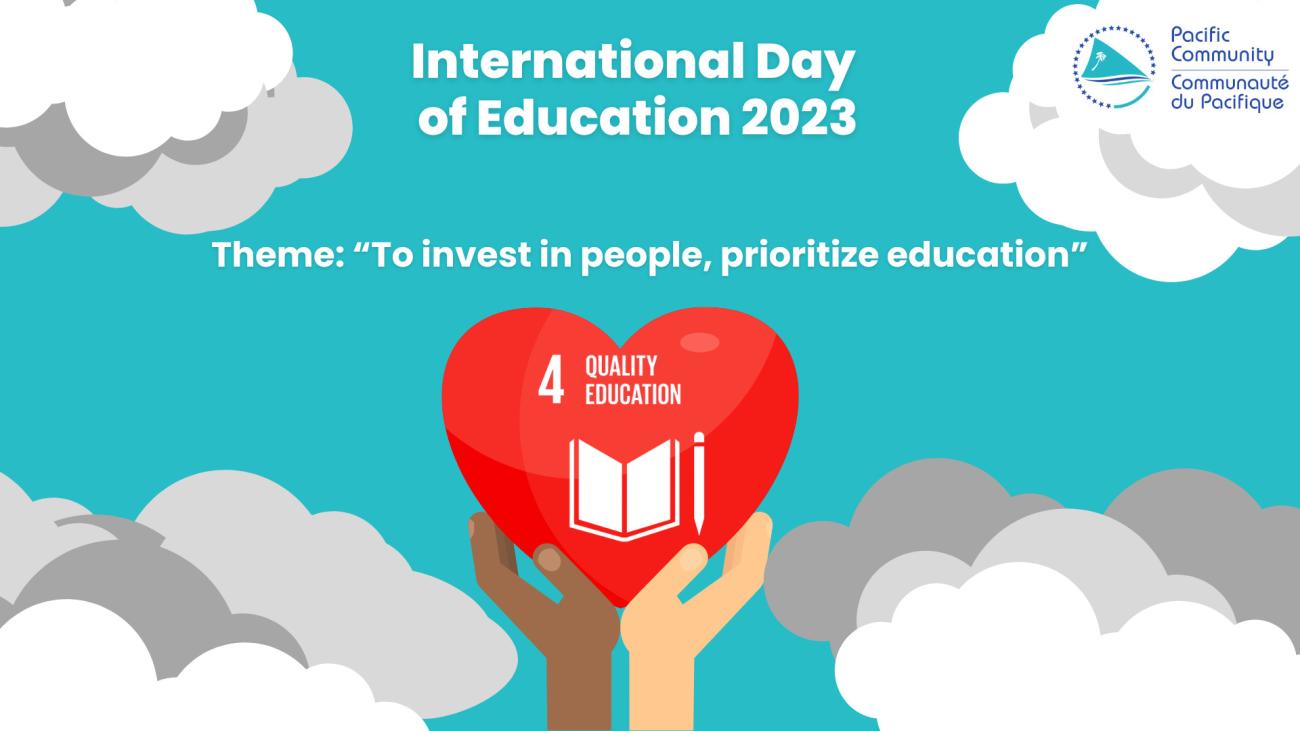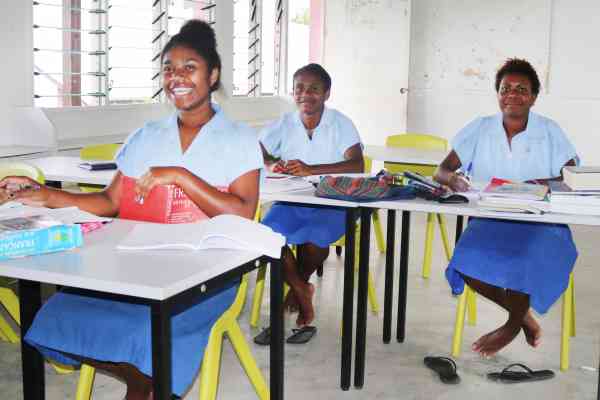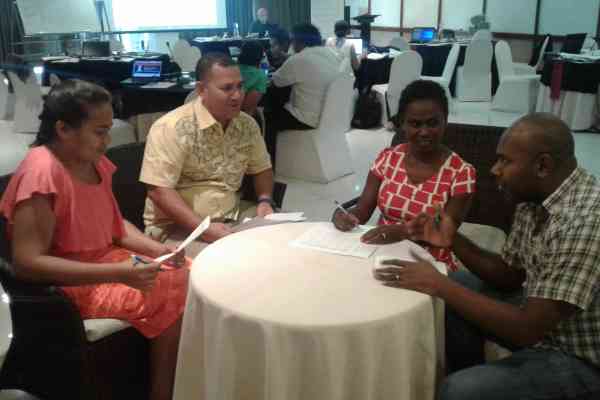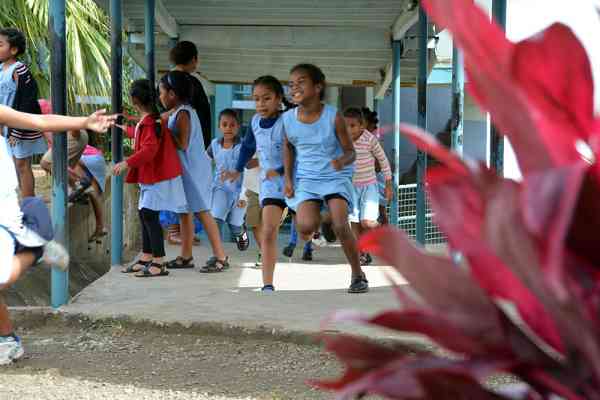 As human beings, we are constantly encountering new challenges, unfamiliar situations and different contexts in the world around us. Our ability to meet those challenges, address new situations and adapt to changing environments is largely based on our capacity to take what we know from our experience and apply it to what we face at any given moment.
As human beings, we are constantly encountering new challenges, unfamiliar situations and different contexts in the world around us. Our ability to meet those challenges, address new situations and adapt to changing environments is largely based on our capacity to take what we know from our experience and apply it to what we face at any given moment.
Education allows us to learn not just from our own experiences, but also from the collective knowledge and experiences of countless others who have gone before us. I have heard it said that Sustainable Development Goal 4 (SDG 4), ensuring inclusive and equitable quality education and promoting lifelong learning opportunities for all, is the SDG that underpins all the other sustainable development goals.
When you think about it, that claim makes sense. There isn’t much value in developing a new technology, process or approach to something if the people who need the technology don’t have the knowledge and skills necessary to benefit from the development. Similarly, there is little value in coming up with a great new idea if you can’t communicate that idea to those who need to make use of it.
It strikes me that education in 2023 looks a lot different than it has in past decades. Historically, educated people were sources of information – they knew facts and figures, history, geography and how the world around them worked. At present, that type of information is readily accessible to most people. The challenge now is being able to find and identify valid and reliable information and then use that information to address new problems.
We have seen in the recent past that the world changes around us more rapidly than ever. The facts and ideas that many of us learnt in our formal education, depending on how long ago they occurred, may be of little value in the present world. For example, I spent four years learning about computer systems, system design, coding and the like and today the technology and operating systems are so different that the knowledge portion of my education – how to program in assembler, Cobol, Fortran or C, hardware systems, networking protocols and so on – are essentially useless. In that process however, I learnt how to problem solve, how to think creatively about how to get from a current state to a future state, and how to continue learning and adding new knowledge and skills to my repertoire as new developments emerged.
Education in 2023 and beyond is less about information and more about learning to be critical thinkers, problem solvers and good communicators. The theme of this year’s International Day of Education is “to invest in people, prioritize education”. There is a saying that goes something like “Give a man a fish, he eats for a day. Teach a man to fish and he eats for a lifetime.” Investing the time, effort and money involved in education has a lifetime of rewards that simply providing instant solutions can never match.
Typically, when we talk about education, our thoughts go to traditional classrooms with students learning from teachers who are experts in their field. We often think about education being something for children, or if we are thinking about adults, we think about young people just getting started on their work life. Education includes those contexts, yes, but it can also be less formal, more individualized and most importantly, provided at virtually any stage of life. Investing in people by prioritizing education works to take away both the real and perceived barriers to education. It makes a variety of educational options readily available to students and workers to allow them to develop the skills they need to address the changes in the world around them.
The most important thing that anyone can learn through his or her education is how to be a lifelong learner. The skills involved in being able to take new ideas and unfamiliar situations and make sense of them are skills that will last a lifetime, regardless of how much the world changes during that lifetime. Supporting people in learning how to learn with the critical and creative thinking, problem-solving and communication that is involved is an investment that will pay back tenfold and more over time. Prioritizing education means that everyone can access and benefit from the kind of education that will lead to lifelong learning and that is an investment in all our futures.



